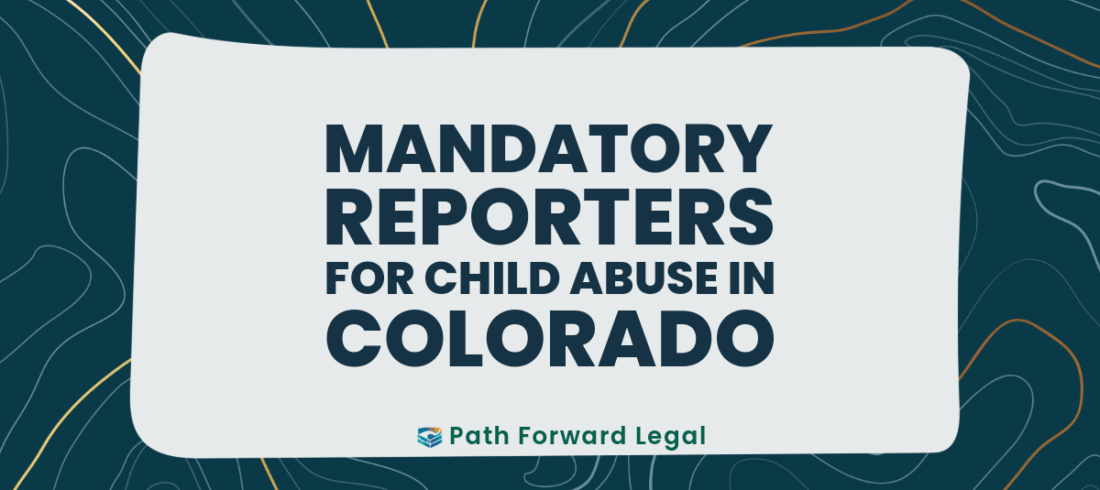Being accused of sexual assault in Colorado is frightening—especially if you know the allegations aren’t true. Many people are shocked to learn just how little it takes for police to make an arrest in these cases. You might wonder: “Can I really be arrested just because someone accused me?” Here’s what you need to know about how these arrests happen, what evidence is considered, and how your rights protect you.
Can a Sexual Assault Accusation Alone Lead to Arrest?
Yes. In Colorado, police can arrest you based on an accusation if they believe there is “probable cause”—meaning a reasonable belief that a crime occurred. Even without physical evidence, if the accuser is believed by police, that alone may be enough for an arrest. While thorough investigations do sometimes happen, police are not legally required to find physical or corroborating evidence before making an arrest, especially in serious cases like sex offenses.
How Do Police Build Sex Assault Cases in Colorado?
1. Initial Report
Sex assault cases often start with a report—sometimes by the alleged victim, but sometimes by a friend, family member, or mandatory reporter (like a teacher or medical provider). Police will document the statements and decide if there’s enough to move forward.
2. Investigation & Evidence Collection
Police typically:
- Interview the accuser, witnesses, and often the accused
- Collect physical evidence (DNA, clothing, injury photos)
- Gather digital evidence (texts, emails, social media)
- Request forensic medical exams (SANE exams), collecting medical and forensic details
However, police usually don’t wait for the analysis of evidence before moving to the next step. Things like DNA results, cell phone record analysis, and other tests often aren’t completed before the police decide to make an arrest.
3. Probable Cause & Arrest
If law enforcement believes there’s probable cause, they can arrest you immediately—even without a warrant. This often happens in felony cases, including sexual assault. If police want a judge’s review, they can seek an arrest warrant by presenting an affidavit describing the evidence and statements collected.
If the case isn’t clear, police may continue investigating, but the threshold for arrest is relatively low.
What Evidence Matters in Sexual Assault Cases?
Prosecutors and police may rely on:
- Witness Statements: Consistency, detail, and credibility of the accuser and any witnesses
- Physical Evidence: DNA, injuries, forensic findings
- Electronic Communications: Texts, emails, social media messages
- Medical Evidence: SANE exam results or other forensic findings
What Are Your Rights If You’re Accused?
Colorado law and the U.S. Constitution guarantee important rights:
- Presumption of Innocence: You are innocent unless proven guilty beyond a reasonable doubt.
- Right to Legal Counsel: You have the right to a lawyer at every stage.
- Right to Remain Silent: You do not have to answer questions; ask for an attorney immediately.
- Fair Trial: You can challenge any evidence or testimony brought against you at trial.
These rights apply when you go to trial. It’s important to remember that you don’t have the right to be assumed innocent during an investigation. Other rights must be brought up by you in order to apply. You have a right to a lawyer, but you need to let police know that you want a lawyer before you talk with them. If you keep talking, they can use that information against you.
Fighting False Allegations of Sexual Assault
Defending against false accusations requires experience and strategy:
- Expose Inconsistencies: Point out contradictions in the accuser’s statements.
- Present an Alibi: Show clear evidence that you couldn’t have committed the alleged act.
- Use Expert Witnesses: Forensic, medical, or psychological experts may help challenge the prosecution’s evidence.
What Should You Do If You’re Accused?
If you’re facing false allegations, act fast:
- Contact an Experienced Criminal Defense Attorney right away. Early involvement can make a huge difference.
- Preserve Evidence—save texts, emails, photos, and any documents that support your innocence.
- Do NOT Contact the Accuser directly—this can backfire and may lead to additional allegations or charges.
Facing accusations is overwhelming, but you don’t have to handle this alone. Our attorneys at Path Forward Legal have helped clients throughout Colorado protect their rights, defend their reputations, and move forward after false allegations.
Request a free consultation or call us at (303) 535-5820 to discuss your situation confidentially.



